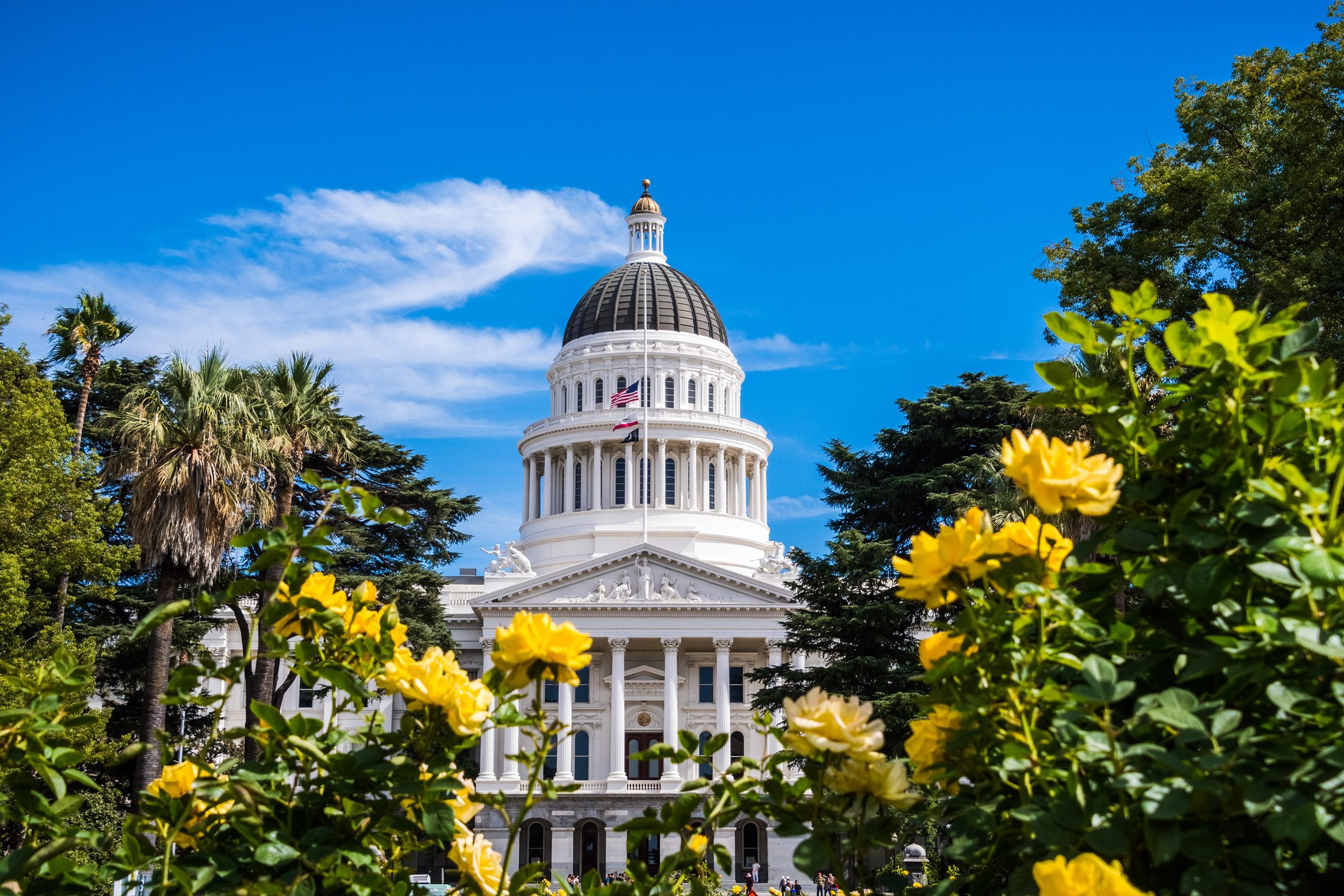- AB 1146 prohibits federal reservoir water releases under false pretenses.
- The bill responds to a 2025 executive order that emptied two California reservoirs.
- California may seek injunctions if deceptive federal water releases occur.
- The bill may face legal challenges over federal preemption.
Friday, July 18, 2025 — On Wednesday, California Assembly Bill 1146 (AB 1146) , introduced by Assemblymember Diane Papan, passed out of the Senate Judiciary Committee and was re-referred to the Appropriations Committee. The bill seeks to prevent the release of water from federally operated reservoirs in California when such releases are made under false or deceptive pretenses.
, introduced by Assemblymember Diane Papan, passed out of the Senate Judiciary Committee and was re-referred to the Appropriations Committee. The bill seeks to prevent the release of water from federally operated reservoirs in California when such releases are made under false or deceptive pretenses.
The legislation stems from a controversial episode earlier this year when Donald Trump issued an executive order during a deadly wildfire emergency. On January 31, 2025, Trump ordered the release of more than 2 billion gallons of water from Success Lake and Kaweah Lake. According to official memos and subsequent media reports, the release was undertaken despite the knowledge that the water would not reach the areas affected by the fires. Both reservoirs drain into the Tulare Lake bed, a terminal basin with no hydrologic connection to Southern California.
Although the stated purpose of the release was to support firefighting efforts in Southern California, records show that military and water officials were aware that the water could not reach the intended areas. The abrupt release prompted panic in downstream communities and wasted scarce water reserves that local farmers and agencies had legal rights to use under state law.
was to support firefighting efforts in Southern California, records show that military and water officials were aware that the water could not reach the intended areas. The abrupt release prompted panic in downstream communities and wasted scarce water reserves that local farmers and agencies had legal rights to use under state law.
What the Bill Would Do.
AB 1146 proposes to amend California’s Water Code by prohibiting the release of water from federally owned and operated reservoirs in the state if the release is conducted “under false pretenses.” This term is defined as a release knowingly and intentionally carried out under a fraudulent or false representation of its purpose.
If passed, the bill would authorize the State Water Resources Control Board or the California Attorney General to seek injunctive relief in the event of such a release. The relief could be sought before, during, or after the release takes place.
Legal and Constitutional Questions Raised.
While the bill has gained support from the California Democratic Party Rural Caucus and passed unanimously through the Senate Committee on Natural Resources and Water, it also raises significant legal questions about state authority versus federal control .
.
Under the U.S. Constitution’s Supremacy Clause, federal law generally overrides conflicting state law. In addition, federal property laws give Congress broad authority over public lands and assets, including water infrastructure. Courts have historically ruled that while states may retain jurisdiction over land within their borders, federal management decisions often preempt conflicting state mandates.
This tension is further complicated by the McCarran Amendment, which allows the United States to be a party in state court proceedings related to water rights. However, it does not permit monetary judgments or costs to be levied against the federal government.
Should AB 1146 become law and be enforced in a case involving the federal government, a legal challenge on constitutional grounds appears likely.
Context and Political Backdrop.
The water releases that inspired this legislation occurred during a series of catastrophic wildfires in January 2025, including the Palisades and Eaton fires in Los Angeles County. These events collectively burned over 39,000 acres, caused at least 30 fatalities, destroyed 16,000 structures, and led to damage estimates as high as $53.8 billion.
Critics of the water release, including state lawmakers and environmental analysts, characterized the event as a political stunt with no practical benefit and potentially harmful consequences for California water management. According to a March 2025 Washington Post investigation, Army Corps of Engineers officials internally acknowledged that the water could not be delivered to its stated destination and was released to comply with the executive order.
Despite initial opposition in the Assembly, recent amendments to the bill have shifted some groups to a neutral stance. No formal opposition has been reported in the Senate as of the Judiciary Committee’s July 15 hearing.
Additional Sources:
-
Full bill text and status: https://legiscan.com/CA/text/AB1146/id/3134846
-
Senate Judiciary Committee Analysis
 (July 15, 2025)
(July 15, 2025)

